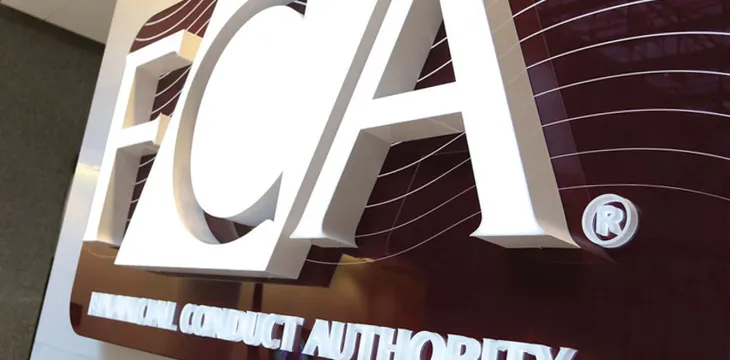|
Getting your Trinity Audio player ready...
|
The U.K. Financial Conduct Authority (FCA) has released their outline for an approach to cryptocurrency assets. The “Guidance on Cryptoassets” consultation paper was released through their website, and helps to categorize different types of assets, and what FCA regulators feel falls under their jurisdiction.
The paper categorizes cryptos into three categories. The first is exchange tokens, which are not backed by a central authority and are meant to act as digital money, such as Bitcoin SV (BSV). Secondly, there are security tokens, which are meant to give an investor a share of a business. Lastly are utility tokens, that give access to a product or service.
https://youtu.be/gBb9FSxfyVs
The FCA determined exchange and utility tokens do not current fall under their scope. They feel the transaction of exchange tokens might eventually be covered by anti-money laundering (AML) laws, but could currently be considered as investment-like products, comparing them to “assets that some might consider having speculative value such as fine wine or art.”
Security tokens, however, the FCA will consider part of their domain and need to be regulated, much like how they already regulate the financial services industry.
PwC’s blockchain leader Steve Davies praised this announcement from the FCA. “The emerging cryptoasset market is seeking regulatory clarity and the FCA’s proposals are an important first step,” he wrote in a response. “The categorisation of different types of cryptoassets, the definitions applied and the examples given all help address ambiguity in this emerging area.”
At the same time, Davies wants to know more. “Some questions remain unanswered, including whether certain unregulated cryptoassets should be brought under the FCA’s jurisdiction to further protect consumers, and whether the existing regulatory framework is appropriate given the unique features and risks associated with these products,” he wrote.
Overall though, its good news. The regulatory clarity this adds to the crypto industry in the UK is a positive sign. Davies concludes, “The regulator’s plans should help to reduce the perceived reputational risks for issuers and firms involved in the cryptoasset market, allowing those who wish to move into this space to do so more confidently.”

 09-18-2025
09-18-2025 





